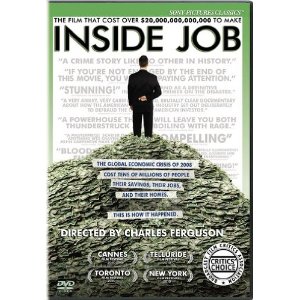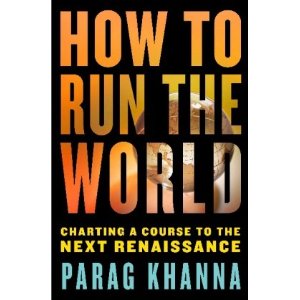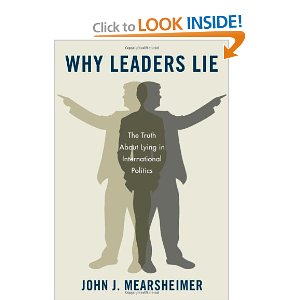
Matt Damon (Narrator)
![]() 6+ Truth Not Reaching Most Americans
6+ Truth Not Reaching Most Americans
February 28, 2011
AFTERTHOUGHT: What Wall Street greed did to the economy with the aid of its corrupt US Government enablers, the US Government did to US society and to global stability, spending trillions a year on the wrong things for the wrong reasons. See my chapter on “Paradigms of Failure” in the book (both here at Amazon and free online) ELECTION 2008: Lipstick on the Pig.
The other reviews are very good and I strongly recommend that whether or not you buy or rent the DVD (or watch it in a hotel as I have just done), that you read all the reviews, especially those that provide summary detail.
For myself, this movie is most extraordinary for the manner in which it pieces together the story to include very compelling interviews with many of the culprits including professors of economics who themselves were corrupted. Those who declined to be interviewed, including Laura Tyson, Paulson, Geithner, Greenspan, Summers, and a few others, are the worst of the culprits.
Compellingly–and consistent with all my reading on the two-party tyranny and the corruption of the US Government–the film is especially strong in showing with absolute clarity that the Obama Administration has been, if anything, more of a Wall Street front than any prior administration. “Nobody's gone to jail.” Worse, there have been no serious investigations. The US Government is NOT representing the public interest.
My focus with this review is to point to ten books that I have reviewed in summary form:








